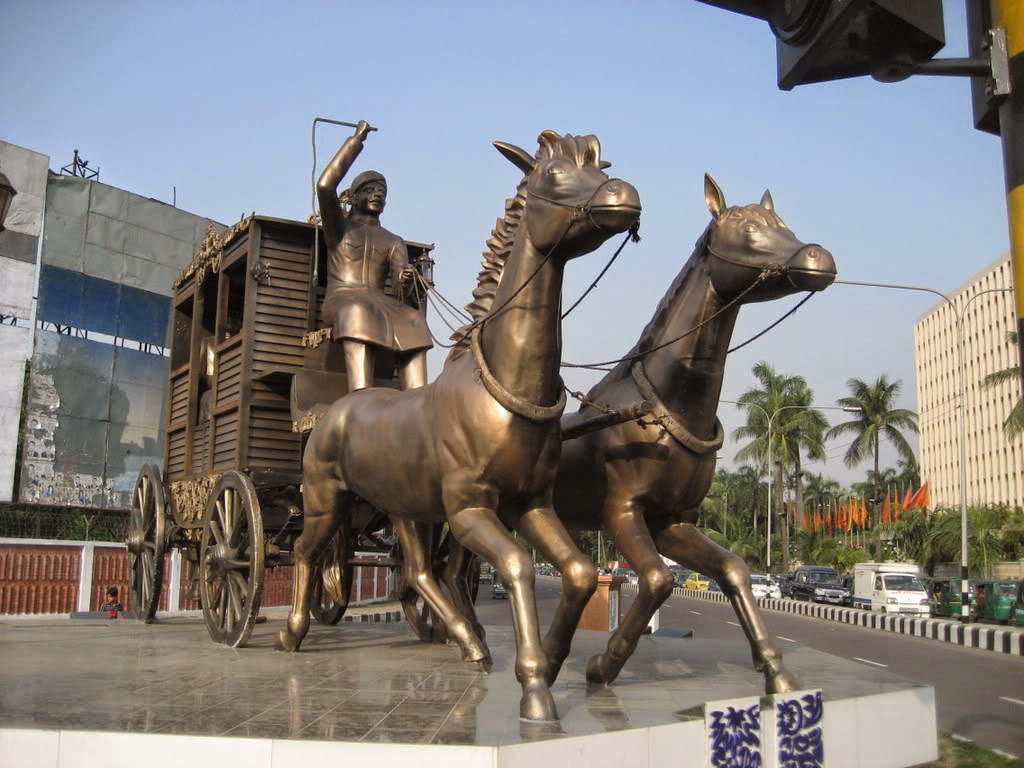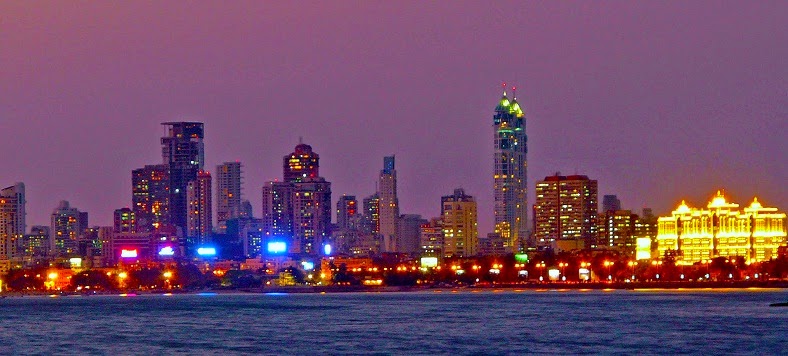Showing posts with label South Asia. Show all posts
Showing posts with label South Asia. Show all posts
Saturday, 15 November 2014
Bhutan - The Wide Worlds Snaps
Ruler: King Jigme Khesar Namgyal Wangchukin (2006)
density per sq km: 50
Monetary unit: Ngultrum
Bangladesh - The Wide Worlds Snaps
President: Abdul Hamid (2013)
Prime Minister: Sheikh Hasina (2009)
Land area: 51,703 sq mi (133,911 sq km);
total area: 55,598 sq mi (144,000 sq km)
total area: 55,598 sq mi (144,000 sq km)
Population (2014 est.): 166,280,712 (growth rate: 1.6%); birth rate: 21.61/1000; infant mortality rate: 45.67/1000; life expectancy: 70.65
Capital and largest city (2011 est.): Dhaka, 15.391 million
Other large cities: Chittagong, 5.239 million; Khulna, 1.781 million; Rajshahi 932,000
Modern Bangladesh emerged as an independent nation in 1971 after achieving independence from Pakistan in the Bangladesh Liberation War. The country constitutes with the major portion of the ancient and historic region of Bengal in the eastern part of the Indian subcontinent, where civilization dates back over four millennia, to the Copper Age. The history of the region is closely intertwined with the history of Bengal and the history of India.
Tags: Bangladesh - The Wide Worlds Snaps, The Wide Worlds Snaps, Bangladesh, Bangladesh beutifull pictures, Bangladesh cities, Bangladesh country, Bangladesh beautifull country pictures,
Afganistan - The Wide Worlds Snaps
President: Ashraf Ghani (2014)
Chief Executive: Abdullah Abdullah (2014)
Total area: 250,000 sq mi (647,500 sq km)
Population (2014 est.): 31,822,848 (growth rate: 2.3%); birth rate: 38.8/1000; infant mortality rate: 117.23/1000; life expectancy: 50.49; density per sq mi: 123.7
Capital and largest city (2011 est.): Kabul, 3,097,300
Other large cities: Kandahar, 349,300; Mazar-i-Sharif, 246,900; Charikar, 202,600; Herat, 171,500
Monetary unit: Afghani
Afghanistan (meaning "land of the Afghans") has been a strategically important location throughout history.Afganistan is located in South Asia.The land served as "a gateway toIndia, impinging on the ancient Silk Road, which carried trade from theMediterranean to China". Sitting on many trade and migration routes, Afghanistan may be called the 'Central Asian roundabout' since routes converge from the Middle East, from the Indus Valley through the passes over the Hindu Kush, from the Far East via the Tarim Basin, and from the adjacent Eurasian Steppe.
Darius I and Alexander the Great were the first to use Afghanistan as the gateway to India. Islamic conquerors arrived in the 7th century, and Genghis Khan and Tamerlane followed in the 13th and 14th centuries.
In the 19th century, Afghanistan became a battleground in the rivalry between imperial Britain and czarist Russia for control of Central Asia. Three Anglo-Afghan wars (1839–1842, 1878–1880, and 1919) ended inconclusively. In 1893 Britain established an unofficial border, the Durand Line, separating Afghanistan from British India, and London granted full independence in 1919. Emir Amanullah founded an Afghan monarchy in 1926.
Saturday, 13 September 2014
Pakistan - The Wide Worlds Snaps
President: Mamnoon Hussain (2013)
Prime minister: Shahid Khaqan Abbasi (2017)
Land area: 300,664 sq mi (778,720 sq km);
total area: 310,401 sq mi (803,940 sq km)
total area: 310,401 sq mi (803,940 sq km)
Population (2013 est.): 193,238,868 (growth rate: 1.5%); birth rate: 25.0/1000; infant mortality rate: 65.3/1000; life expectancy: 65.3; density per sq mi: 215
Capital (2009 est.): Islamabad, 832,000
Largest cities: Karachi 13,125,000; Lahore 7,132,000; Faisalabad 2,849,000; Rawalpindi 2,026,000
Monetary unit: Pakistan rupee
Prior to independence in 1947, the land that is now Pakistan was a part of the British Indian Empire. Pakistan is located in South Asia. The ancient history of the region comprising present-day Pakistan also includes some of the oldest empires of Indian Subcontinent and some of its major civilizations.Pakistan's political history began with the birth of the All India Muslim League in 1906 to protect "Muslim interests, amid neglect and under-representation" and to oppose Congress and growing Indian nationalism in return the British Raj would decide to grant local self-rule.The League rose to popularity in the late 1930s. Muhammad Ali Jinnah espoused the Two Nation Theory and led the League to adopt the Lahore Resolution of 1940, demanding the formation of independent states in the East and the West of British India. Eventually, a successful movement led by Jinnah resulted in the partition of India and independence from Britain, on 14 August 1947.
Post By: Mr.Abdurrehman +923404351594 Software Engg
Post By: Mr.Abdurrehman +923404351594 Software Engg
Tags: paksitan, islamic countries, muslims of pakistan, muslims, Pakistan - The Wide Worlds Snaps, The Wide Worlds Snaps, Pakistan, Pakistan beautifull snaps, Pakistan beautifull country pictures, Pakistan islammic country, Pakistan pictures, Pakistan - The Wide Worlds Snaps,
Subscribe to:
Posts (Atom)













.jpg)




































